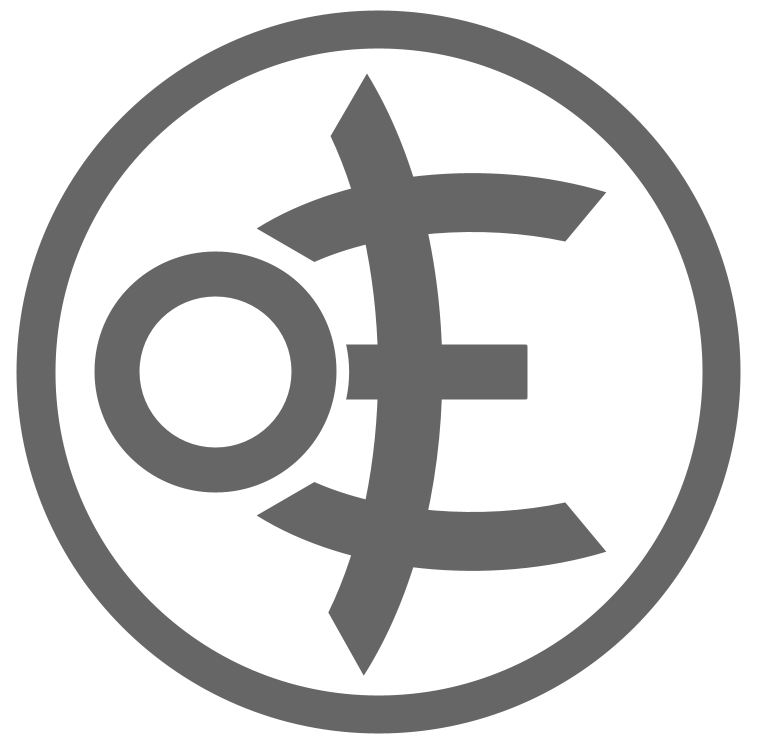@o_o@programming.dev asked “why are folks so anti-capitalist?” not long ago. It got quite a few comments. But I noticed a trend: a lot of people there didn’t agree on the definition of “capitalism”.
And the lack of common definition was hobbling the entire discussion. So I wanted to ask a precursor question. One that needs to be asked before anybody can even start talking about whether capitalism is helpful or good or necessary.
Main Question
- What is capitalism?
- Since your answer above likely included the word “capital”, what is capital?
- And either,
- A) How does capitalism empower people to own what they produce? or, (if you believe the opposite,)
- B) How does capitalism strip people of their control over what they produce?
Bonus Questions (mix and match or take them all or ignore them altogether)
- Say you are an individual who sells something you create. Are you a capitalist?
- If you are the above person, can you exist in both capitalist society and one in which private property has been abolished?
- Say you create and sell some product regularly (as above), but have more orders than you can fulfill alone. Is there any way to expand your operation and meet demand without using capitalist methods (such as hiring wage workers or selling your recipes / process to local franchisees for a cut of their proceeds, etc)?
- Is the distinction between a worker cooperative and a more traditional business important? Why is the distinction important?


I am curious if you would consider my position to be capitalism.
The market economy I advocate legally protects an inalienable right to workplace democracy just like what some countries have today with political democracy. The employer-employee contract is legally recognized as invalid, so all firms are worker coops. While there is a fruits-of-labor-based claim to products of labor, products of nature there is no such claim, so there is common ownership of natural resources
@asklemmy
Yes, it seems like capitalism to me. You just have different legal structures for companies. I don’t know enough about worker coops, but do they work like a LLC then? Or are all the workers in the coop partners and hence liable for judgements? How broad is your exclusion of employer-employee contracts? How do consultants work? Service businesses? Someone wanting to hire a handyman?
The only part that might be weird is if you can’t own things. I can’t tell - can you own land? Are you allowed to buy and own and resell something you didn’t make yourself?
Here, worker coop means a worker-controlled firm. A specific legal entity in the current legal system is not meant. Forming a democratic firm without jeopardizing personal assets is possible.
Labor is inalienable. De facto transfers of labor that make de facto and legal responsibility align in the employment contract do not exist. Thus, this does not rule out any de facto transfers in any situation just changes legal overlay.
Can
- Own land with 100% land value tax
- Resell
@asklemmy